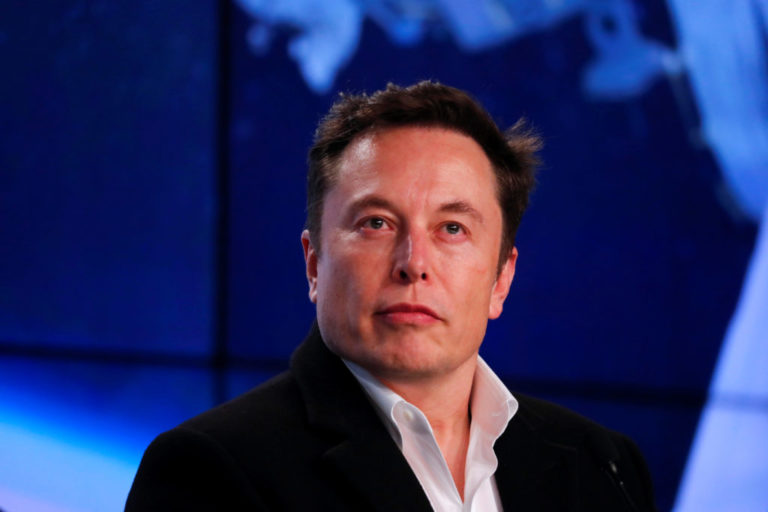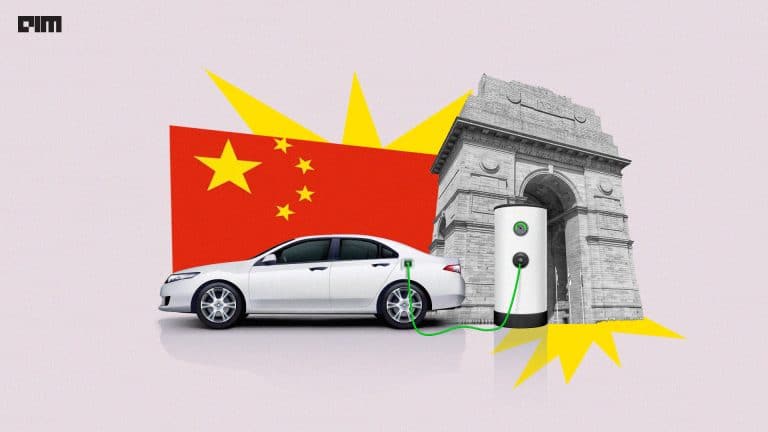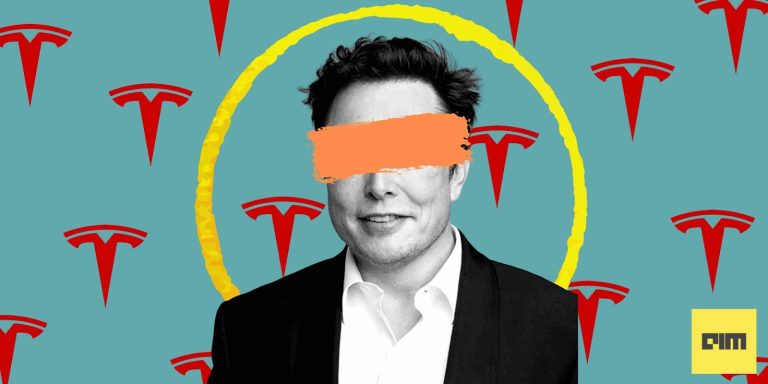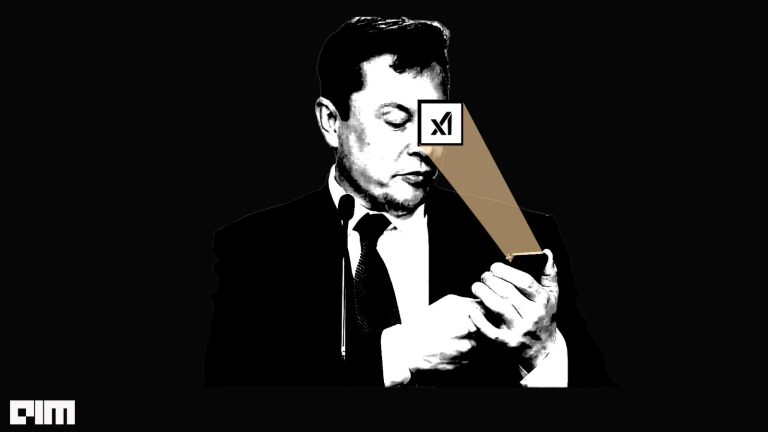Aurora Innovations, an autonomous vehicle company, based out of Silicon Valley, recently announced its acquisition of OURS Technology for an undisclosed amount. The latter is a startup founded by a team of researchers from the University of California, Berkeley, specialising in Frequency Modulated Continuous Wave (FMCW) and ‘lidar-on-a-chip’. This is Aurora’s second acquisition of a Lidar development company, the first being Montana based startup Blackmore in 2019, which also specialised in FMCW technology.
The word Lidar is an acronym that stands for Light Detection and Ranging, which is practically a summary of the technology in three words. The technology works on multiple pulses of light to create a 3D map of the terrain surrounding the sensor. Lidar and FMCW have been around for a while, but the latter has only recently become a viable advancement for the industry, making it a popular choice for most autonomous vehicle companies. On the other hand, Tesla, the auto giant working on self-driving automobiles, rejected Lidar and works on its own technology instead. So why did Tesla choose to push Lidar aside, and how does FMCW and Aurora’s acquisition make a difference?
Tesla & the drawbacks of Lidar
With all the positive investments in Lidar, the technology is not without its critics. Most notably, billionaire Elon Musk called Lidar a ‘fool’s errand’ in 2019, and he is justifiably concerned about the problems it currently has. Musk’s company Tesla, which recently registered its Indian subsidiary in Karnataka, is well known for the ‘AutoPilot’ feature in their electric vehicles.
Unlike most autonomous vehicle companies, Tesla vehicles have proprietary Full Self-Driving chips that utilise artificial intelligence through dedicated neural network accelerators to improve the autonomous driving experience. Even without Lidar sensors, Tesla is one of the industry’s key players due to a combination of its array of cameras, radar and sonar sensors, and a constant stream of real-time usage data from its large customer base.
Musk’s reason for rejecting Lidar was the high cost of production which goes against Tesla’s aim of producing affordable electric vehicles — however, Lidar has become significantly cheaper with time. That isn’t to say that the technology is free of other faults. One of the main disadvantages is Lidar’s difficulty in perceiving and differentiating between moving and ‘adversarial’ objects. Tesla’s AI neural network and hardware work together to closely imitate actual human vision, and so it can ‘see’ those objects. Tesla’s customer base also gives it a key advantage of a wealth of real traffic and driving data, unlike Lidar vehicles that are not commercially available yet.
FMCW & Lidar-on-a-chip
Companies like Aurora are aware of the shortcomings of the technology and have been looking beyond conventional Lidar into improved variations that can increase efficiency and safety. The most popular of these so far is the Frequency Modulated Continuous Wave Lidar. FMCW Lidar systems emit a continuous stream of light and can measure larger distances with near-instant velocity. This allows the company to measure the speed of the objects and detect them coming towards or going away from the vehicle, which partially solves the biggest disadvantage of Lidar. FMCW systems are also less prone to interference due to sunlight, and the increase in efficiency doesn’t come at the expense of power either, as the light emitted is of low power.
However, a drawback of these systems is the size — most manufacturers need to use large mirrors along with the sensor and range finder to increase the field of view and enable 3D lidar scanning, increasing costs for mass production.
This is where OURS Technology’s lidar-on-a-chip comes into play. The company has created a compact, entirely solid-state scanning system utilising FMCW Lidar technology, a game-changer for Aurora. Within just four years, they claim to have combined all the parts needed for an FMCW Lidar system on a single, small chip that can be mass-produced at a low cost. It does not compromise on performance either and is said to be capable of enabling ‘5D vision in every pixel’. If the chip lives up to its claims, then many of Lidar technology’s drawbacks could very well be eliminated.
Beyond Aurora & the future of Autonomous Driving
Other competitors in the space have also been developing their Lidar capabilities either in-house or from third party suppliers, and in some cases, with acquisitions like Aurora. Amazon’s Zoox uses external suppliers while Alphabet’s Waymo and Russian tech giant Yandex produce their sensors. On the other hand, Argo AI acquired Princeton Lightwave in 2017, and General Motors’ Cruise LLC similarly acquired the startup Strobe.
While Tesla does pose serious competition to Lidar’s role in the autonomous vehicle industry, the popularity of the technology among all the other players with increasingly more efficient improvements means that it is here to stay for now and shape a driverless future.



















































































